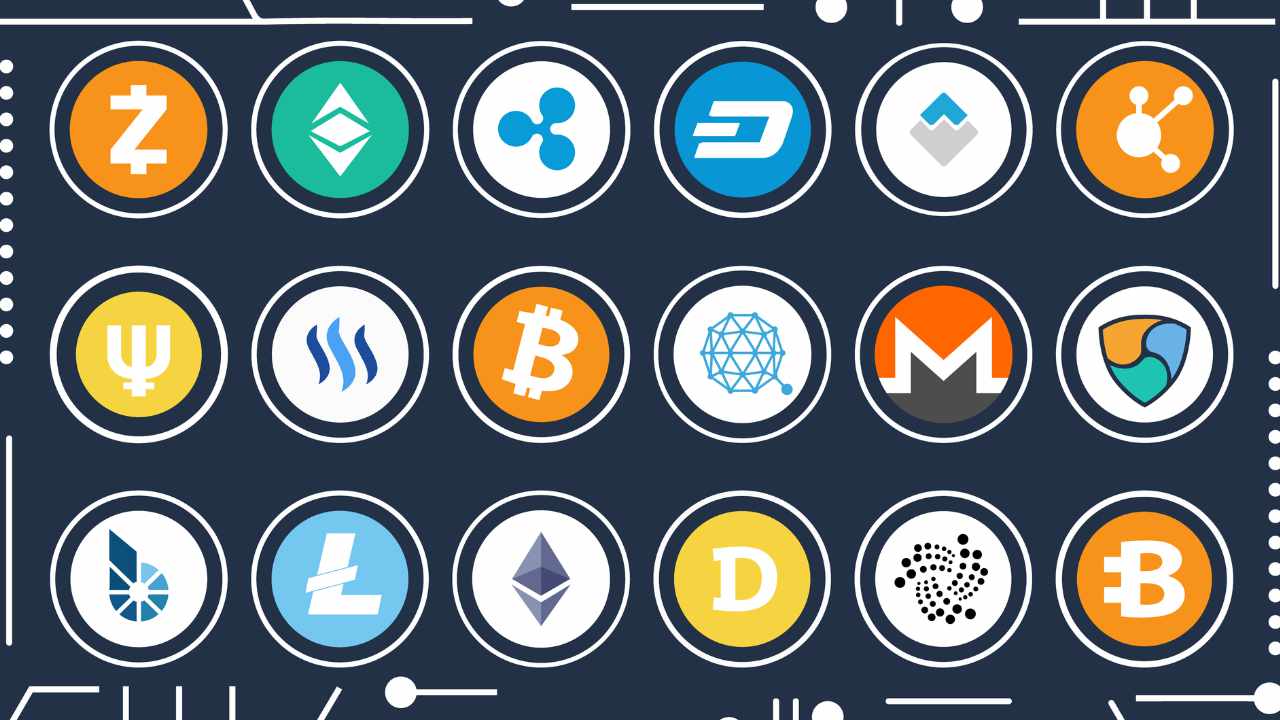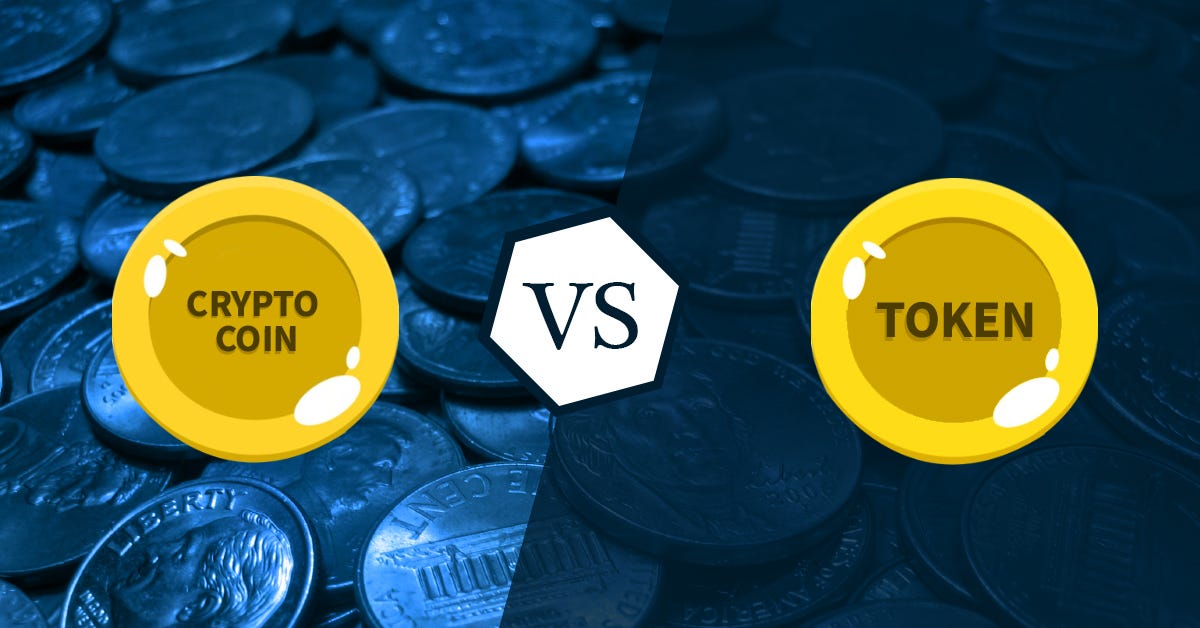Cryptocurrency market, although is still developing constantly, is at the moment, mainly focused on Bitcoin and Ethereum, two major coins with lots of drawbacks. Despite the revolutionary nature of Bitcoin, the form of electronic money has a number of drawbacks, which include slow transaction speed and high fees. Although the Ethereum platform is capable of more than just executing simple transactions and allowing smart contracts, that still suffer from the scalability problem and high gas fees. These limitations hamper the extended usage of these cryptocurrencies and their real-world application for actual-day purchasing and distributed markets and applications (dApps).
The development of altcoins or cryptocurrencies other than Bitcoin is a solution to these challenges. They show one kind of blockchain technology and offer various solutions that those before it, such as Bitcoin and Ethereum, lack. By enhancing the probabilities, demands, and performances of mere electronic currencies, altcoins are preparing themselves in the field of competition.
Cryptocurrencies such as Cardano, Solana, and Polkadot are examples of new age altcoins that bring in new ideas to the blockchain domain. For instance, a real-world crypto platform like Cardano employs a proof-of-stake consensus mechanism in enhancing energy efficiency and security. These advancements also do not only solve some acute problems of Bitcoin and Ethereum but also allow extending the application area of decentralized finance (DeFi), supply chains, and others.

What Are Altcoins?
Altcoins is a simple term from the early days of cryptocurrency to denote all digital coins to Bitcoin. However, times have rapidly changed in the crypto realm. With more than 10,000 coins and tokens today, altcoins isn’t the most useful term. That’s like saying George Washington was the president and all other ones are alt presidents. Bitcoin was created as a digital currency intended to provide an alternative payment system that would operate free of central control, but otherwise be used just like traditional currencies.
But our financial system does not stop with a simple currency. Its financial institutions like banks, financial markets like stock exchanges, financial instruments like assets or securities, and financial services like asset management and liability management. If Bitcoin’s goal is to be digital gold, then the goal of the large encompassing term of altcoins is to redefine our entire centralized financial system.
Coin vs. Token

Coin vs. Token is a coin versus a token. They are somewhat used interchangeably, but there are big differences. Coins are digital money created using encryption techniques that store value over time. The main characteristics of a coin are: one, they’re tied to public open blockchains. Anyone can join and participate in the network. Two, they may be sent, received, or mined.
Types of Altcoins
There is an overlap in terminology. But I want to give you an overview of some of the main crypto buckets.

- Security tokens: represent legal ownership of a physical or digital asset. Security tokens are tokens that represent tradeable financial assets, like a share or a bond from a company. They’re meant as a form of investment. They pay dividends, share profits or pay interest they serve as direct on-chain representations of real-world securities on blockchain projects and/or digital asset.
- Stable Coins: Cryptocurrencies can go quickly from one price to the next. To use them in daily transactions would be difficult. So stablecoins were created as an attempt to make a cryptocurrency that isn’t volatile. They are designed to follow the price of another asset. Most of the largest stable coins are pegged to the US dollar and its value. If their price fluctuates,
The coin will reflect that. Stable coins exist for savings or to send money. It is possible to earn interest using stable coins, whether lending them out or through certain savings protocols. Their lack of volatility is a great asset. But because of that, they’re maybe not the best cryptocurrency investment. - Governance tokens: Governance tokens are cryptocurrencies that give stakeholders the right to help shape the future of the project. In most cases, these tokens allow you to create and vote on proposals in a cryptocurrency. This helps make the cryptocurrency decentralized project, since all holders have a say, and decisions aren’t made by one central authority.
Should You Consider Investing in Altcoins? Investing in Bitcoin is like just investing in gold there are so many other opportunities growing in the cryptocurrency space. Some altcoins are ambitious projects that offer more use cases than Bitcoin. Since altcoins aren’t as well-known, they could see larger price increases if they catch on. It’s important to do research on a project you’re interested in, as there are scam projects. However altcoins seek to solve issues without a current. - Utility tokens: integrated into an existing protocol and used to access the services of that protocol. Utility tokens are used to purchase services or gain rewards. They aren’t meant to be an investment. They have a utility. The best example of this would be a gift card where you’re prepaying for a service or a reward at a later date.
Like security tokens, they don’t provide any ownership of any kind. They are not created for direct investment like security tokens but can be used for payment of services within their specific ecosystem. The relationship between a platform and a utility token is synergistic. The platform provides security for the utility token, while the token provides the network activity necessary to strengthen the platform’s economy.